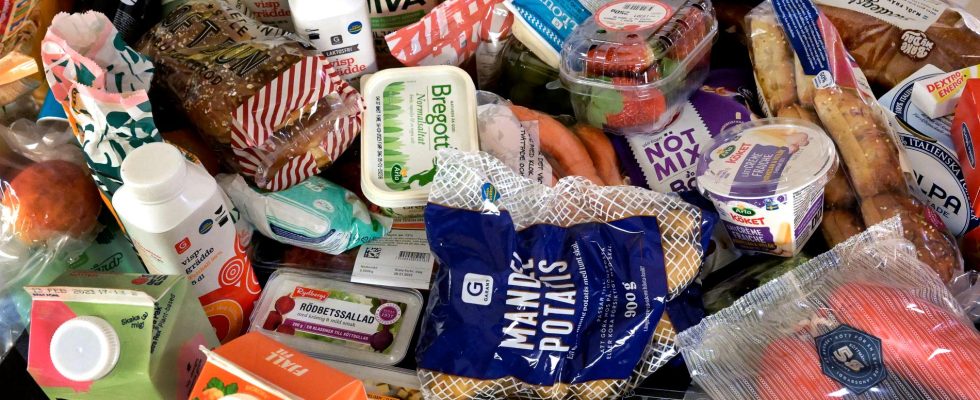Just over ten percent of food companies provide incorrect information about allergens.
Now the Swedish Food Agency and the National Board of Health and Welfare want to see a national strategy to remedy the problem.
Over three million people in Sweden have asthma, allergies or other hypersensitivity. Incorrect information about the food served in the school or restaurant, or sold in the grocery store can lead to serious consequences and unnecessary social costs.
Therefore, last summer the Swedish Food Agency and the National Board of Health and Welfare were commissioned by the government to investigate what measures are needed to reduce the number of people affected by allergies.
The authorities’ proposal is a national strategy. It must, among other things, contain a description of the distribution of responsibilities, coordination, goals and follow-up.
According to the Swedish Food Agency, food companies have a particularly important role in the whole, as they are involved in the chain from production to sale of goods to shops and restaurants.
“Better knowledge of risks with allergens in production and serving in restaurants makes it easier for food companies in Sweden to comply with the legislation and produce safer food. It is a prerequisite for things to get better for people with food allergies,” says Ylva Sjögren Bolin, immunologist and project manager at the Swedish Food Agency, in a press release.
FACT National strategy for food allergy
In August 2022, the government commissioned the National Board of Health and Welfare and the Swedish Food Agency to carry out a study to develop preventive work in the area of allergies, as well as to promote equal care.
The Swedish Food Agency and the National Board of Health and Welfare propose a national strategy for food allergies. It must include, among other things:
Safe foods – easier for professional groups and the general public to access by knowing about the risks of allergens in the production of food and when served in restaurants, at school and in leisure time.
Preventive measures – efforts to promote early introduction of children to different foods without unjustified fear of developing allergies.
Good and equal care – comprehensive knowledge support for the entire care chain.
Source: Swedish Food Agency
Read more
